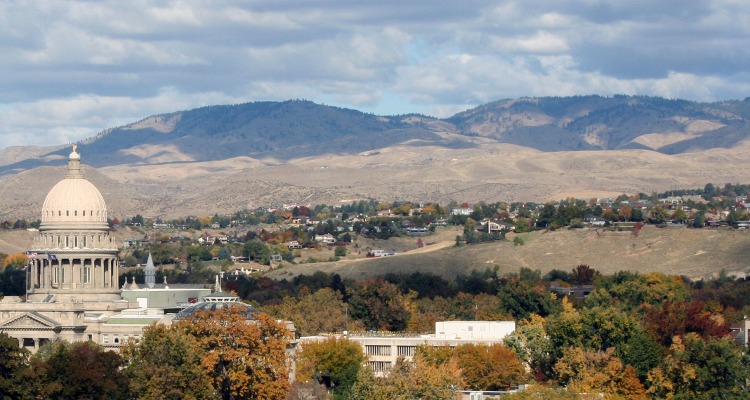In the western American state of Idaho, an official review of proposed legislation that would ban tribal casinos from operating video gaming machines has reportedly concluded that the measure has holes in its language and could lead to multiple legal challenges if passed.
According to a report from the Associated Press news service, Ilana Rubel, a Democratic member of the Idaho House Of Representatives, called on the Idaho Office Of The Attorney General to conduct the investigation after Republican counterpart Tom Loertscher proposed his House Bill 127 earlier this month.
Under federal law, tribes are permitted to run their own gambling operations so long as the state in which they are located has already authorized such activities. Prolonged compact disagreements reportedly prompted four aboriginal groups in Idaho to successfully lobby for a 2002 ballot initiative that amended local laws and legalized on-reservation video gaming machines so long as these did not dispense coins or feature a lever.
The Associated Press reported that Loertscher’s proposed legislation, which the 73-year-old has introduced in an effort to bring the state’s tribes into compliance with Idaho’s overall prohibition on casino gambling, would do away with this loophole and ban the machines even though they do not have a lever and only dispense tickets.
“I’m certainly concerned about the tribes [as] this seems like an effort to bring them to their knees,” Rubel told the Associated Press.
Brian Kane, Assistant Chief Deputy for the Idaho Office Of The Attorney General, reportedly explained that his review of House Bill 127, which is currently before the Idaho House Of Representatives State Affairs Committee, found that the measure from the Utah-born legislator would not sufficiently modify the language of the 2002 initiative to prohibit the state’s tribe’s from offering video gaming machines.
In addition, he declared that the previously-agreed gaming compacts Idaho holds with four of its tribes do not contain termination provisions, which means that these would remain intact until replaced or renegotiated. Kane attached a 2016 legal opinion to his review that concluded that the state would have to show that it was “reasonable and necessary” to remove the tribes’ most lucrative form of gambling, which would most likely result in a “no” from the courts.
“In this regard, a court may well be troubled by the legislature’s failure to exercise its power to repeal the proposition despite the fact that its constitutionality was challenged both immediately before and after the 2002 general election,” Kane told the Associated Press.”



